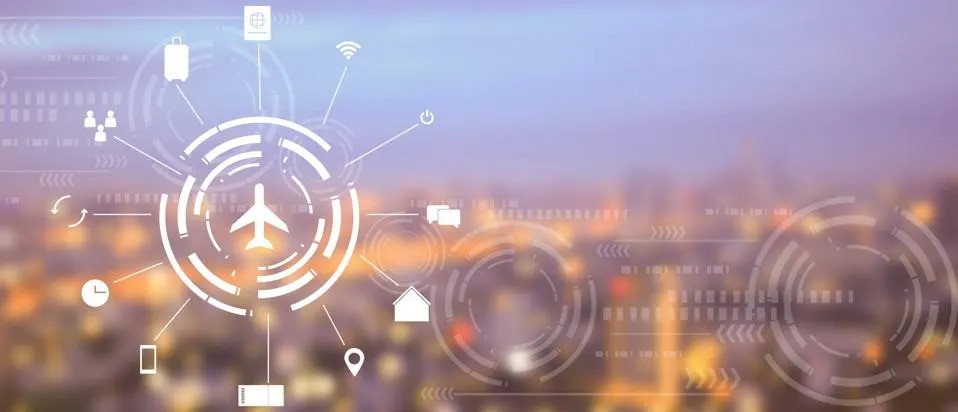The airline industry, a sector known for its complexity and high operational demands, is increasingly turning to Artificial Intelligence (AI) to enhance efficiency, safety, and customer experience. AI’s capability to process vast amounts of data rapidly and accurately is proving invaluable in addressing the unique challenges of air travel.
AI in Flight Operations and Safety
AI plays a crucial role in improving flight operations and safety. For instance, Boeing uses AI in its Airplane Health Management system, which monitors aircraft in flight and predicts potential maintenance issues before they become problematic. This preemptive approach ensures higher operational efficiency and safety. Another example is Airbus’s Skywise, a digital platform that uses AI to analyze in-flight data. This system helps in optimizing flight routes, reducing fuel consumption, and improving overall operational efficiency. Skywise can predict possible delays or technical issues, enabling proactive measures to mitigate them.


AI in Customer Service and Engagement
Maybe surprisingly, airlines use AI to elevate customer service and engagement. AI chatbots are increasingly common on airline websites and mobile apps. They assist customers with inquiries, bookings, and flight changes, offering a 24/7 service that is both efficient and user-friendly. KLM’s chatbot, BlueBot, is a prime example, providing booking assistance and flight information to passengers via Facebook Messenger. AI is alsp used to personalize customer experiences. Delta Air Lines, for instance, uses AI to offer personalized in-flight entertainment recommendations based on passenger preferences.
AI in Baggage Handling and Airport Operations
AI technology is streamlining baggage handling and airport operations. SITA, an air transport IT company, has developed an AI-powered baggage tracking system that reduces lost luggage incidents. This system provides real-time information on baggage location, significantly enhancing passenger experience and reducing operational costs. In airport operations, AI is being used for crowd management and security. Facial recognition technology, for instance, is already employed in several airports for swift and secure boarding processes, as seen in Delta’s bio-metric terminals in Atlanta and Minneapolis airports.

AI in Maintenance and Repair
Predictive maintenance, enabled by AI, is revolutionizing aircraft maintenance and repair. Algorithms analyze data from aircraft sensors to predict when parts need maintenance or replacement. This predictive approach, as opposed to reactive maintenance, minimizes downtime, and improves aircraft reliability. EasyJet, for example, uses AI to predict component replacements, reducing delays and cancellations due to technical faults.
Future Potential of AI in Airlines
Looking into the future, AI is set to further transform the airline industry: To begin with, autonomous aircraft is a major investment. While still in early development stages, AI could lead to fully autonomous aircraft, significantly revolutionizing air travel. In addition, dynamic Pricing Models with AI could refine dynamic pricing models, offering more personalized pricing based on passenger preferences and booking patterns. Furthermore, consider the enhanced In-Flight Experience. AI could be used to monitor cabin conditions (such as temperature and air quality) and adjust them in real-time for optimal passenger comfort. Then, there are the AI-Driven Sustainability Initiatives. AI will play a crucial role in environmental sustainability by optimizing flight paths for fuel efficiency and reducing carbon emissions. Likewise, passengers are already looking forward to the personalized Travel Assistant. Here, AI will evolve to provide passengers with a personalized travel assistant, offering real-time updates, travel tips, and seamless integration with ground transportation and accommodation.

The integration of AI in the airline industry is a game-changer, promising enhanced efficiency, safety, and customer satisfaction. From flight operations to passenger services, AI is proving to be an indispensable tool. As AI technology continues to evolve, its potential to revolutionize the airline industry grows, offering exciting possibilities for the future of air travel. Those airlines that embrace and invest in AI technology are poised to lead in delivering innovative, efficient, and customer-centric air travel experiences.
